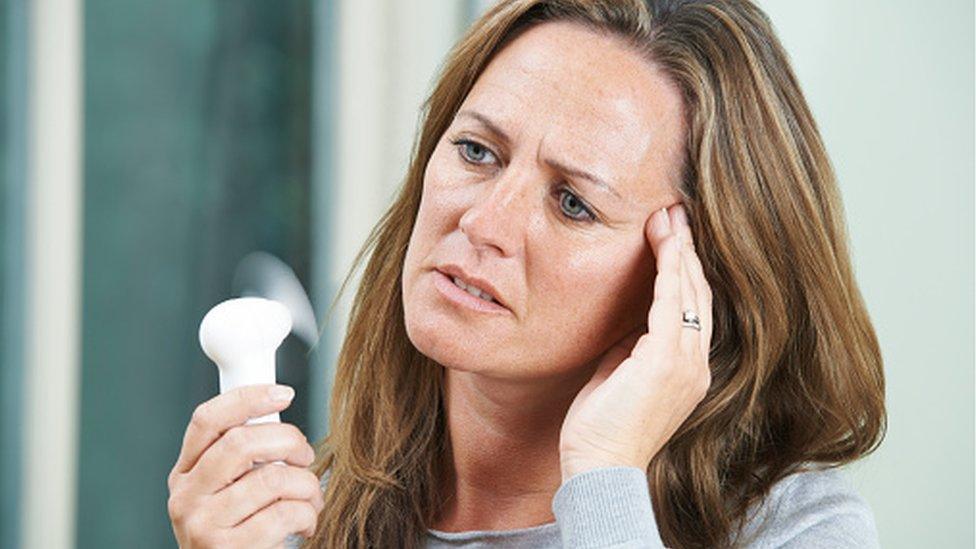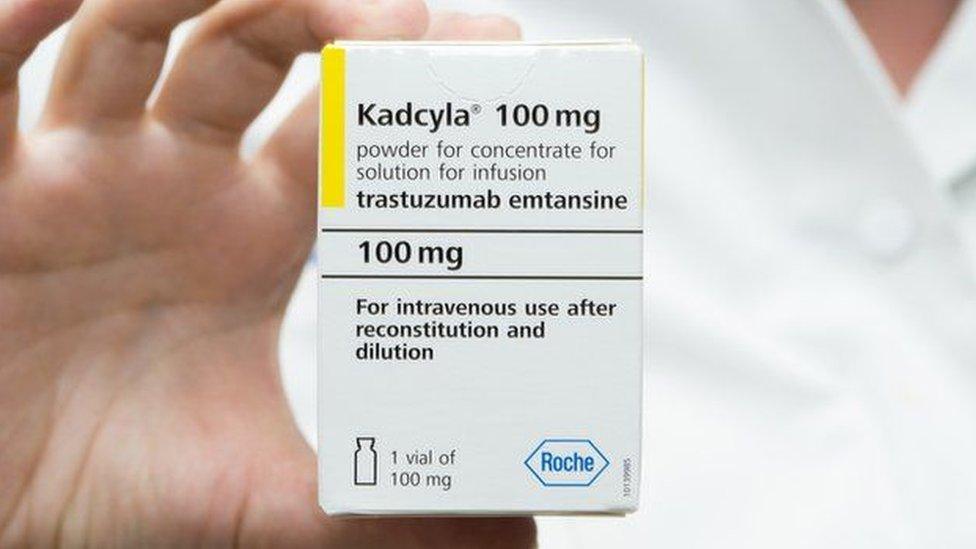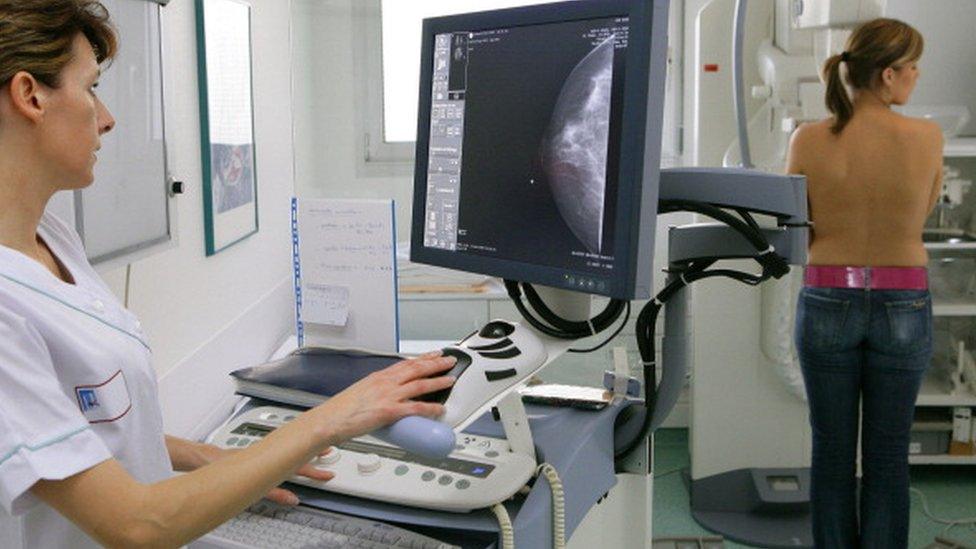Swansea Uni trial to reduce breast cancer hot flushes
- Published

A Swansea scientist is trialling how cognitive behavioural therapy could reduce the impact of hot flushes for breast cancer patients.
Deborah Fenlon's Menos 4 trial will investigate how routine CBT could help patients regain a sense of control over difficult side effects.
Hot flushes and night sweats are experienced by about 70% of women undergoing treatment.
The trial has been funded by a £300,000 Breast Cancer Now grant.
Royal Glamorgan Hospital is one of six participating in the three-year project, led by Swansea University's Prof Fenlon.
Hormone replacement therapy, normally offered to women experiencing hot flushes as part of the menopause, cannot be used by women with breast cancer as it can increase the risk of their disease returning.
'So awful'
The scientists said although CBT was known to be effective, it was not routinely offered on the NHS for women with breast cancer and can only be given to groups by trained clinical psychologists.
During the study, half the women will receive group CBT from a specially-trained breast cancer nurse in six weekly sessions lasting 90 minutes. The other half will receive whatever support they would normally receive.
A 52-year-old teacher, taking part in the trial, said: "I had never expected hot flushes to be quite so awful.
"Some nights I just do not sleep as the hot sweats keep me awake and then I have to work the next day as though everything's ok and it's not."
Prof Fenlon said: "Hot flushes and night sweats can have a major impact on women's lives; affecting their work, social life and disrupting their sleep.
"There are very few effective measures to help support women with this problem, particularly after breast cancer and proven interventions are not widely available.
"With this study we hope to show how an effective intervention can be offered more widely."
- Published9 December 2011

- Published20 June 2017

- Published11 March 2016
